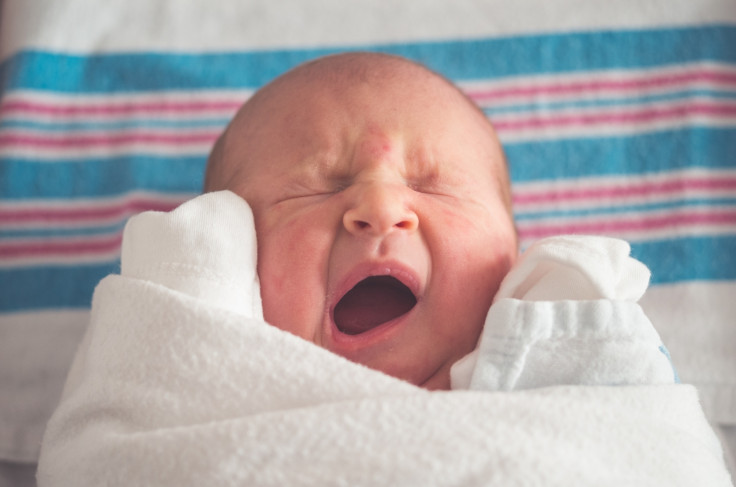Is it safe to smoke weed while pregnant? Marijuana use among mothers on the rise, says study
The drug is the one most often found in the umbilical cords of foetuses which don't survive.

More pregnant women are using marijuana to treat symptoms including morning sickness and anxiety, according to a new study.
Research carried out into expectant mothers in California showed that marijuana use has risen from 4.2% to 7.1% between 2009 and 2016. The results were based on women reporting they had taken the drug, as well as toxicology results.
The climb in figures is most noticeable among younger mothers, particularly teenagers below the age of 18, which rose from 12.5% to 21.8%. Among women aged between 18 to 24, meanwhile, it jumped from 9.8% to 19%.
The findings presented in a letter published in JAMA mirrored those of a separate study into pregnant women across the US released in the same journal in January 2017. That research revealed that the number of expectant mothers aged between 18 to 44 who said they had used marijuana in the past month rose from 2.37% in 2002 to 3.85% in 2014.
While the increase is not sharp, as recreational marijuana use has been legalised in eight US states and Washington D.C., as well as countries including the Netherlands and Uruguay, experts agree that its effects on pregnant women and their foetuses needs addressing.
Is it safe to smoke weed while pregnant?
The effects of marijuana on foetuses is not well-understood. However, doctors are clear that women should not to take any drugs during pregnancy that aren't medically necessary.
"Don't smoke. If you smoke, stop. You should not use marijuana during pregnancy," commented Dr Uma Reddy, a medical officer at the US National Institute of Child Health and Human Development, who conducted a 2013 study into marijuana smoke on foetuses.
The study conducted at the University of Utah School of Medicine suggested that expectant mothers who smoke marijuana triple the risk of stillbirth, and showed that the drug is the one most often found in the umbilical cords of foetuses which don't survive.
Dr Uma Reddy told WedMD: "it's clear there is an increased risk of stillbirth with marijuana. Some of it is overlapping with smoking cigarettes, and we know that cigarette use is also associated with stillbirth."
What if it is eaten rather than smoked?
Following the legalisation of marijuana in Colorado, the state investigated its effects on pregnant women. It noted that THC, the psychoactive component in the drug consumed whether smoked or ingested, was passed on through the placenta and breast milk, but also that the health effects are little understood.
"There is no known safe amount of marijuana use during pregnancy," the authors of the report concluded.
The report found "mixed" evidence to its links to birth defects and "insufficient" evidence it would make a person predisposed to cannabis use. The team did find a "moderate" association between a mother using marijuana and her child developing attention disorders, cognitive impairment and a low IQ, CBS News reported. There was "mixed" evidence that it caused a low birth weight.
The National Institute on Drug Abuse, meanwhile, has previously stated that even though there are links to marijuana and brain development, further studies are needed to "disentangle marijuana's specific effects from other environmental factors, including maternal nutrition, exposure to nurturing/neglect, and use of other substances by mothers."
"Our advice is that [pregnant] mothers should avoid marijuana,"neuroscientist Tibor Harkany of the Karolinska Institute in Sweden who led a 2014 study in mice and human tissue which showed that using marijuana during pregnancy can affect brain development.
Are there any benefits?
They are minimal compared with the risks. A study in New Zealand involved 165 children aged four and below identified children with better global motion perception in women who imbibe cannabis while pregnant, noting the worst in those who consumed alcohol.
A separate study involving 84 women who used medicinal cannabis to treat a life-threatening form of morning sickness known as hyperemesis gravidarum found that over 92% stated it was "extremely effective" or "effective" in treating their symptoms.
However, the author of the study Arikit Chakraborty warned that pregnant women should continue to avoid using marijuana regardless. "Previous studies suggest marijuana had some ill effects on other neurodevelopmental domains. One improvement in one particular neurodevelopmental domain does not suggest holistically the brain is performing better," he told the New Zealand Herald.






















